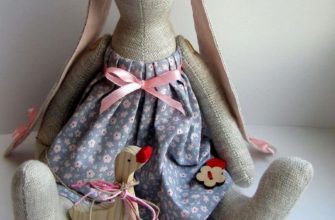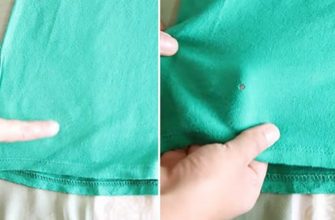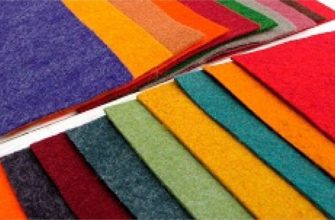A straight dress of any style and size can be made by hand without having a pattern. It is important to simply use a special cutting and sewing technology and take measurements correctly. What materials and tools are needed, how to take measurements and how to cut a straight dress without a pattern? More on that below.
Materials and tools
It is necessary to choose the material carefully before sewing a long floor-length dress with your own hands without a pattern. It is necessary to impose special requirements on it. The material must be natural. In addition, it must be durable, long-lasting, practical, breathable, hypoallergenic, have good hygroscopicity, wrinkle resistance, wear resistance and beauty. Synthetic materials should be abandoned. They do not last long and are not able to hold their shape well.
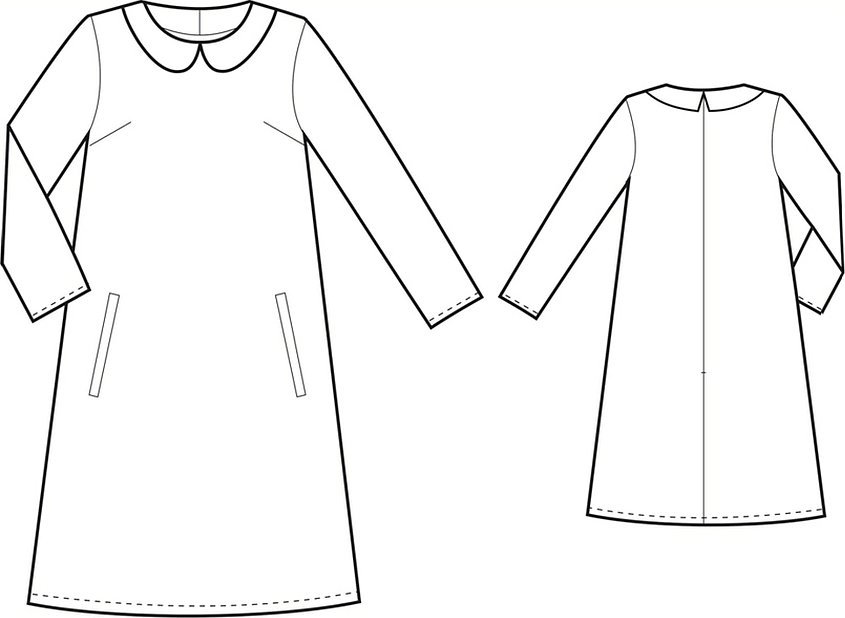
As for the color scheme, it is worth giving preference to pastel colors and contrasting trim. It is better to give preference to a canvas with a tier of chintz, cambric, flannel, polyester, children's knitwear, pekhorka and flannel. You can also give preference to stylish jersey, interlock, footer, ribana, fleece and velsoft. The best material is cotton.
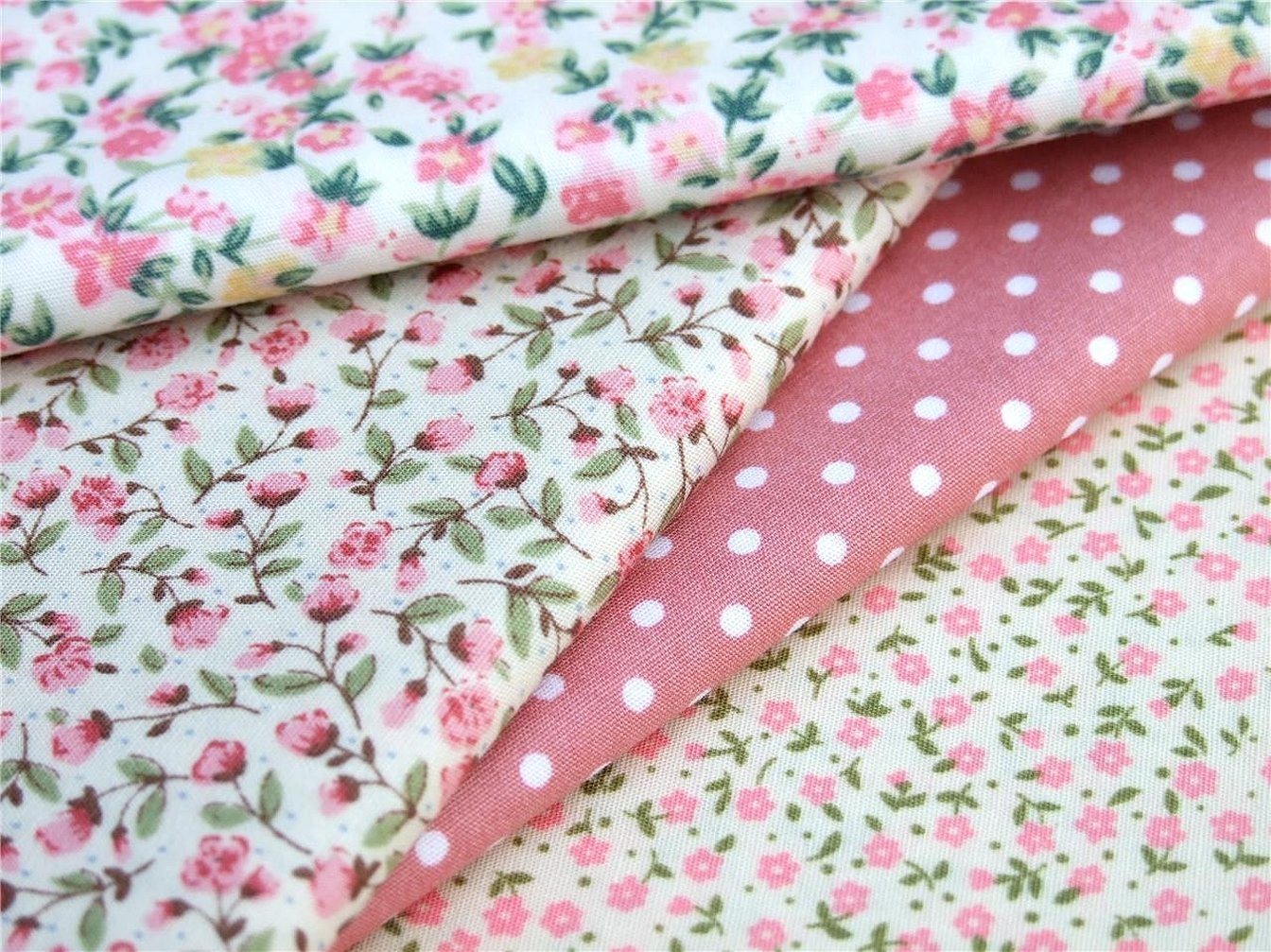
As for the tools, for sewing and cutting out the dress you need to use needles, floss threads, a sewing machine and accessories in the form of buttons and other decorative elements.
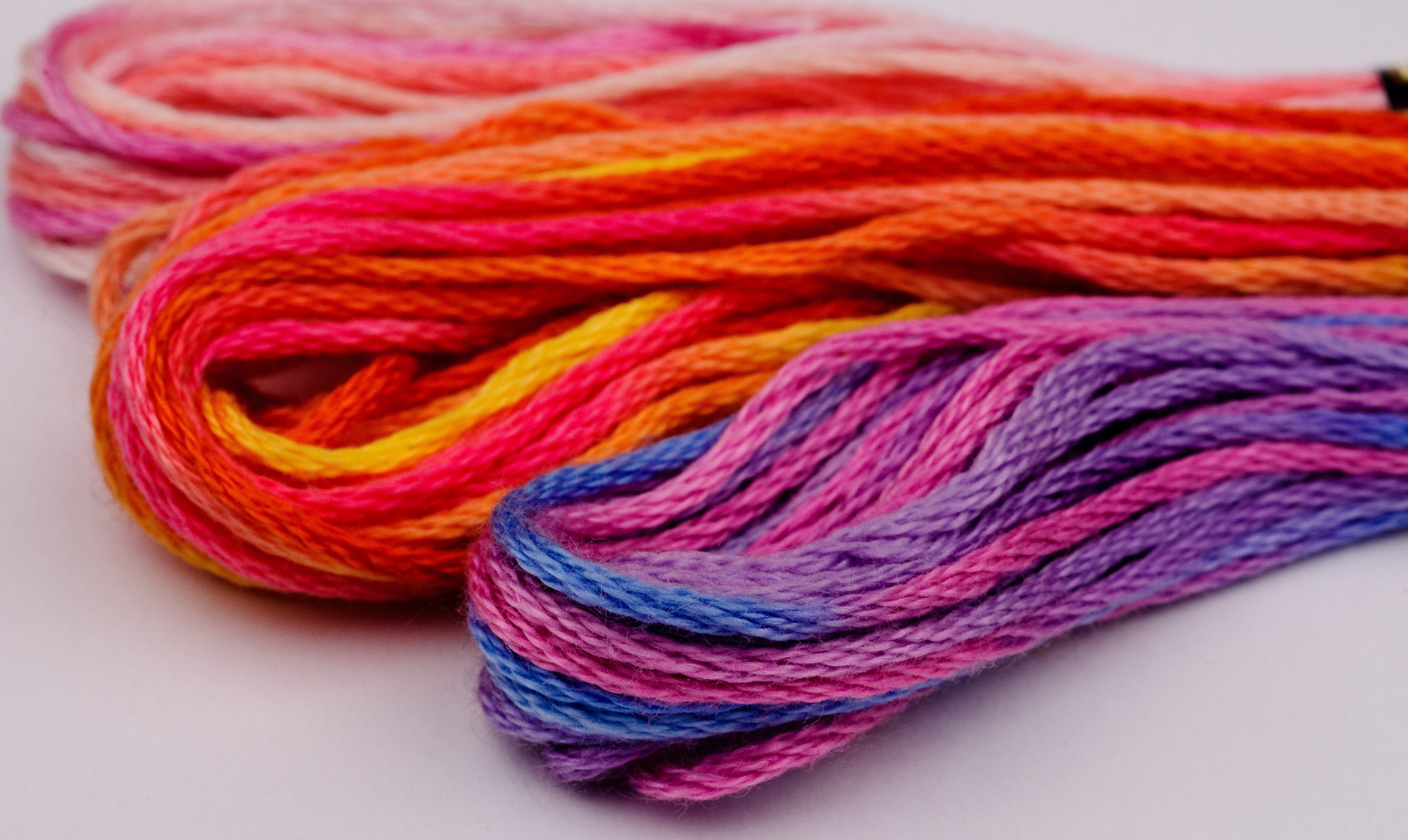
How to take measurements
Before you start sewing a dress, namely a bodice with a skirt and possibly a hem, you need to decide on the overall dimensions of the product. To do this, you need to take measurements. You need to measure the length of the back, chest, waist and hips. If necessary, you need to take measurements of the shoulders, neck and other things, according to the design of the product. According to the measurements taken, make such an element as a pattern of a free-cut dress without darts with your own hands. The exact dimensions and drawings are freely available today.
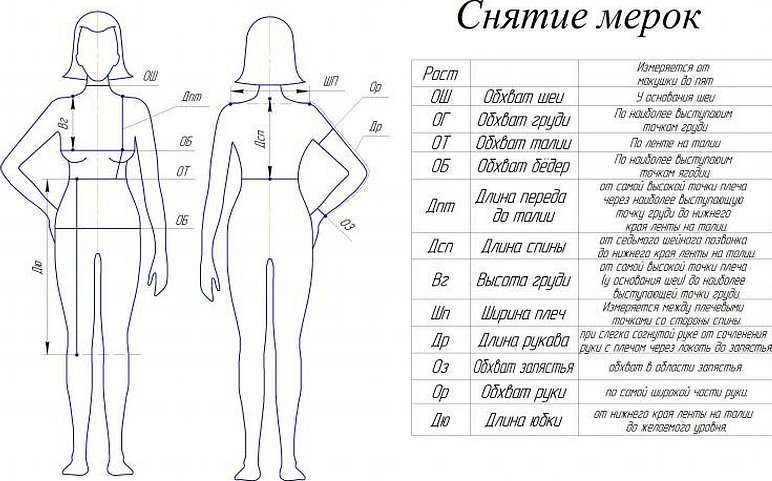
Straight dress without a pattern
It is not difficult at all to choose a model or style of a dress. To do this, you can use your own intuition, fashion trends and existing simple master classes. It is worth noting that any step-by-step instruction includes cutting and sewing for beginners with a description of a dress at home.
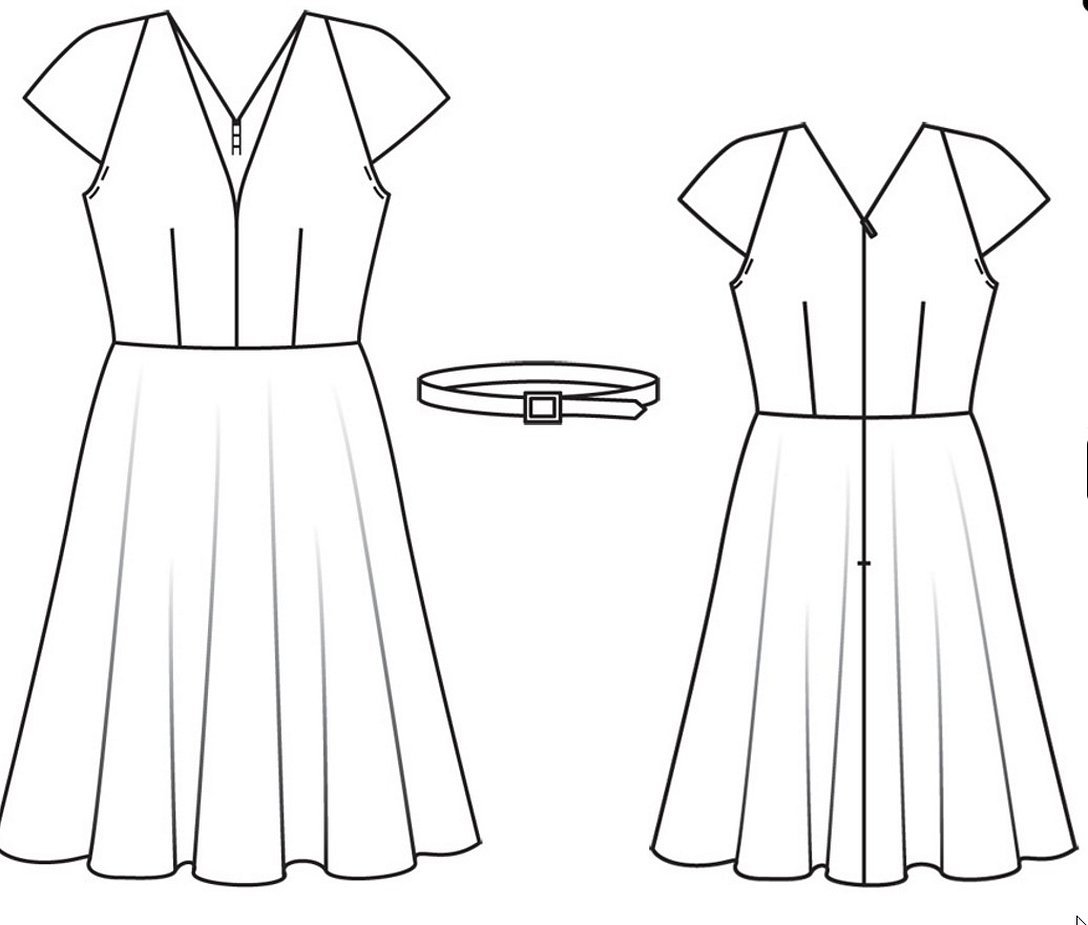
Cut
It is not difficult to make a straight dress cut if you have an old dress. Then you do not need to take any waist measurements or anything else, or make any templates. All that is required in this case is to outline the pieces of fabric on the new material using white chalk or soap, and then cut out the pieces of material with an allowance of 1-2 centimeters for seams and decorative elements.
As for cases of creating a cut without a template, you can try drawing a ready-made pattern on the back of the fabric with chalk, drawing a diagram based on the measurements taken. This is not the best way to form a dress, but for a free cut it is not necessary to have templates.
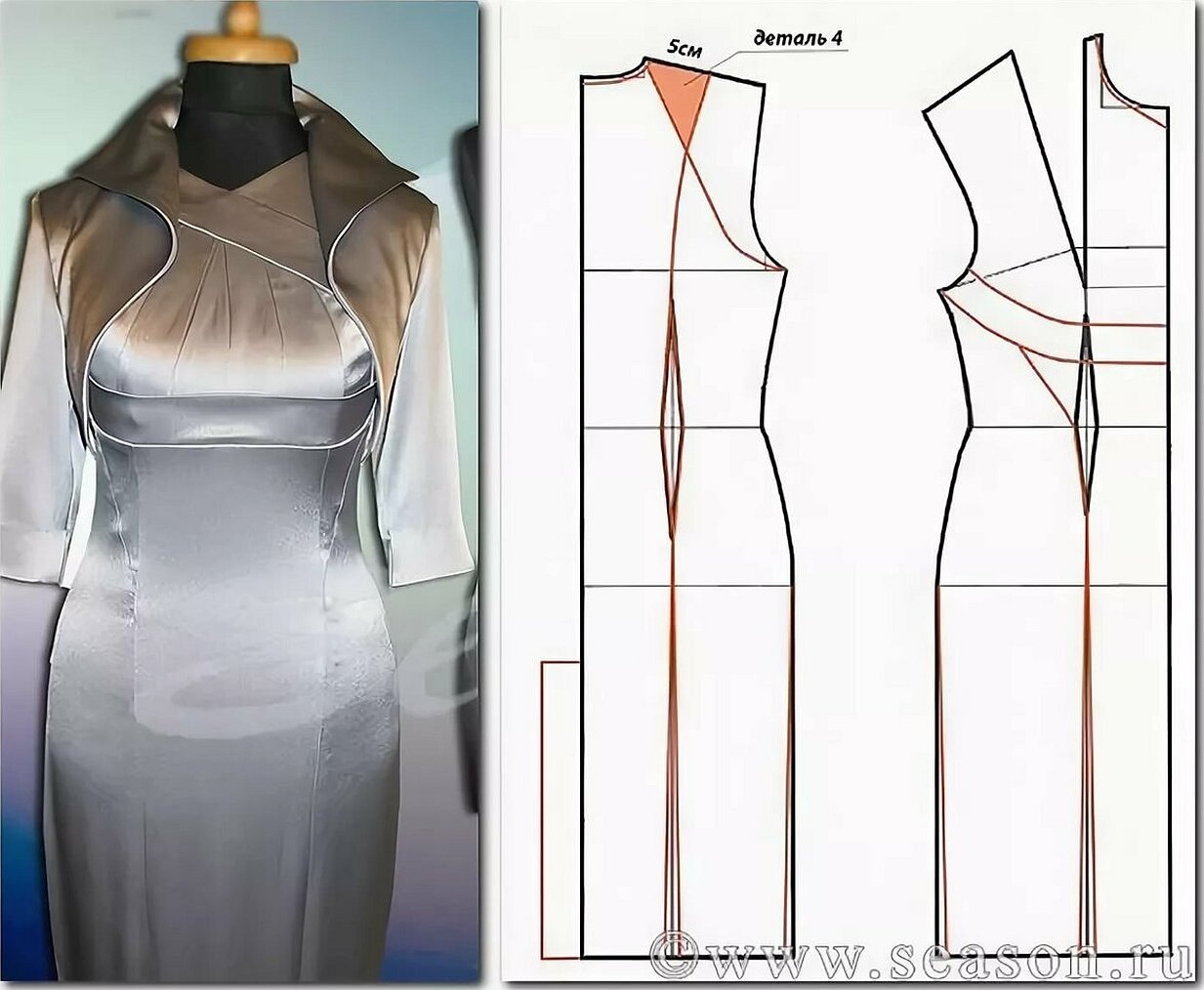
Sewing
Sewing can be done with a sewing machine or by hand with a needle and thread. In the first case, you can try to make interesting stitches and do it as quickly as possible, and in the second case, a little more time and accuracy will be required. The second method of sewing is more acceptable when it comes to sewing a product from organza or other light and refined material. In any case, the key to obtaining a beautiful overall composition and high-quality sewing will be accuracy.
Please note! It is worth noting that you need to sew the parts together directly according to the pattern from the network or the master class inside out. In this case, it is worth making a double stitch so that the resulting product is as reliable as possible and does not come apart at the seams. This is especially true for those models that are made of adjacent synthetic material.
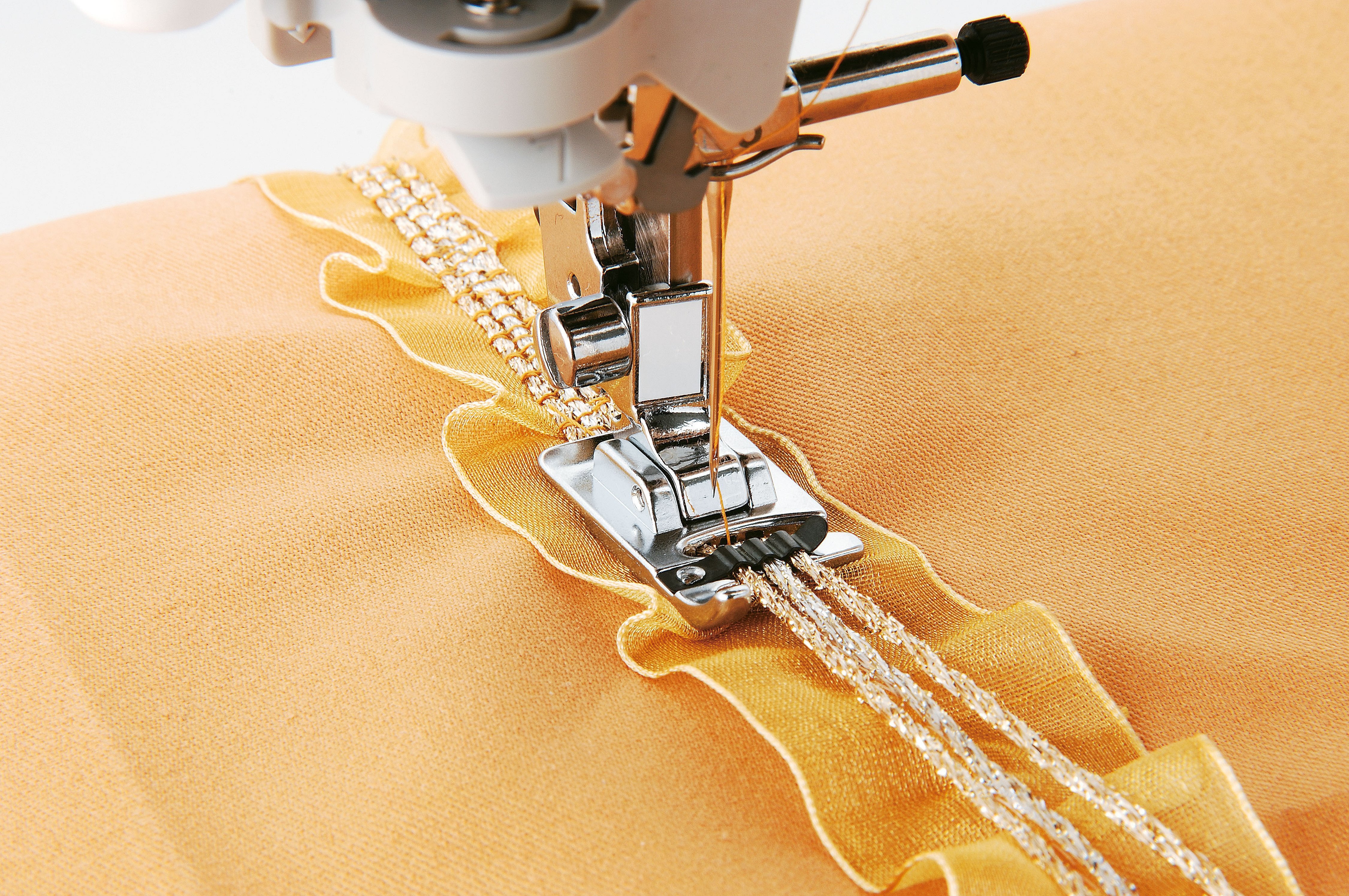
Making a pattern yourself
The pattern of a straight silhouette dress and the back should be made based on the design of the product. Often the back of the product has an unusual shape and then it makes sense to use a special step-by-step master class, during which the main necessary parts for forming the product are analyzed. Then you can move on to forming the front and, lastly, the skirt of the product.
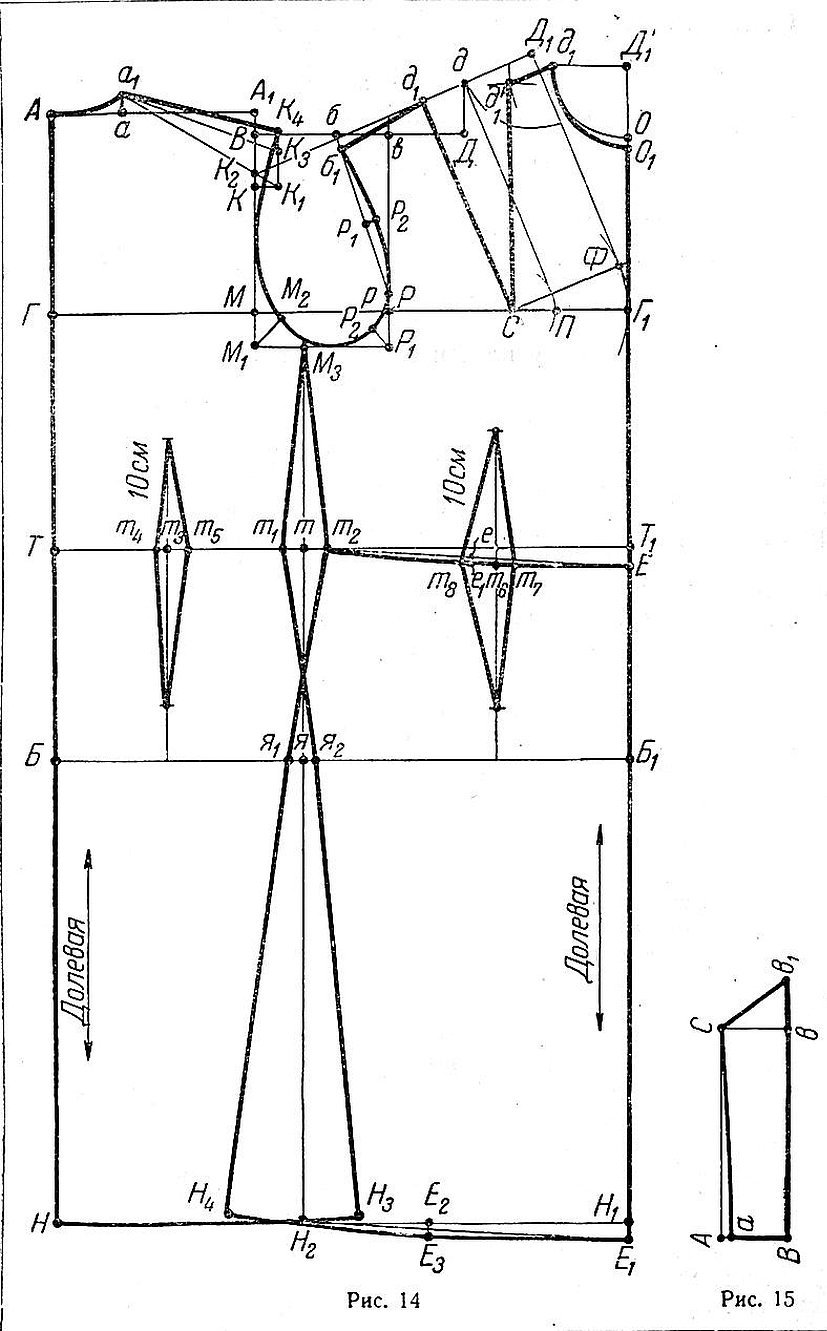
Before
It is not difficult to make a front pattern based on existing master classes and step-by-step instructions. The most important thing is to think about how the front will look in the end and take into account the location of the seams.
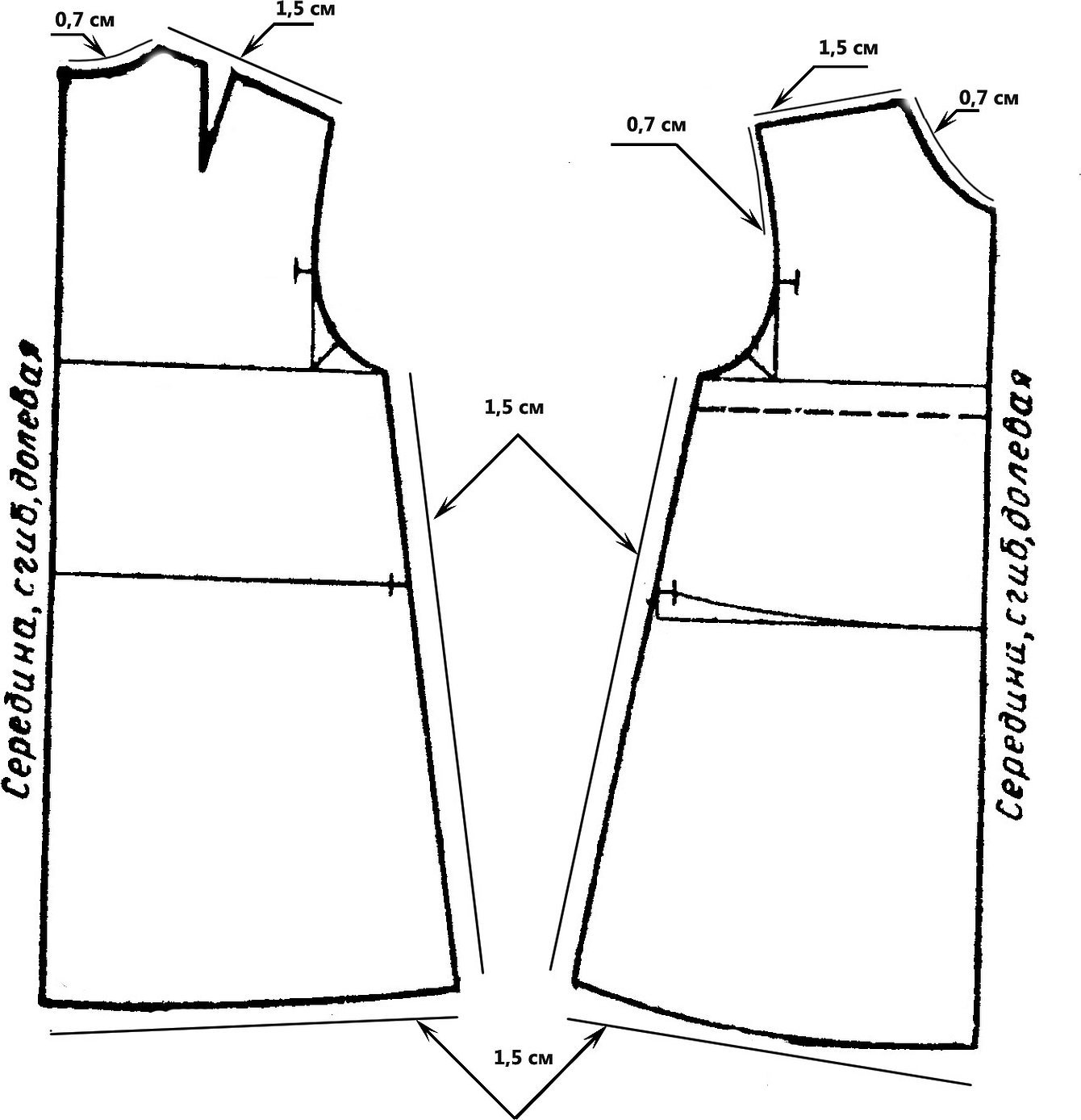
Back
The back is the element of the pattern that usually contains darts. This is where the assembly of a straight-cut dress takes place. Therefore, it is especially important to make these darts carefully and observe all the dimensions.
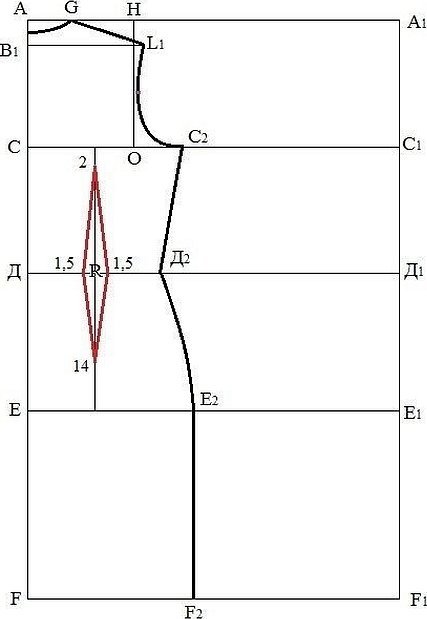
Technology of cutting and sewing products
To sew a straight dress with a fluffy or simple skirt, you need to think through the step-by-step design and choose the right material. After that, you can start making a pattern or think about how to sew a loose dress with your own hands quickly and without a pattern. Then you can start cutting the fabric into the appropriate parts and sewing the elements in strict order by hand or using a sewing machine.
The first step of cutting and sewing will be the preparation of the parts. In case of cutting, you need to carefully remove the seams from the product and get rid of unnecessary threads.
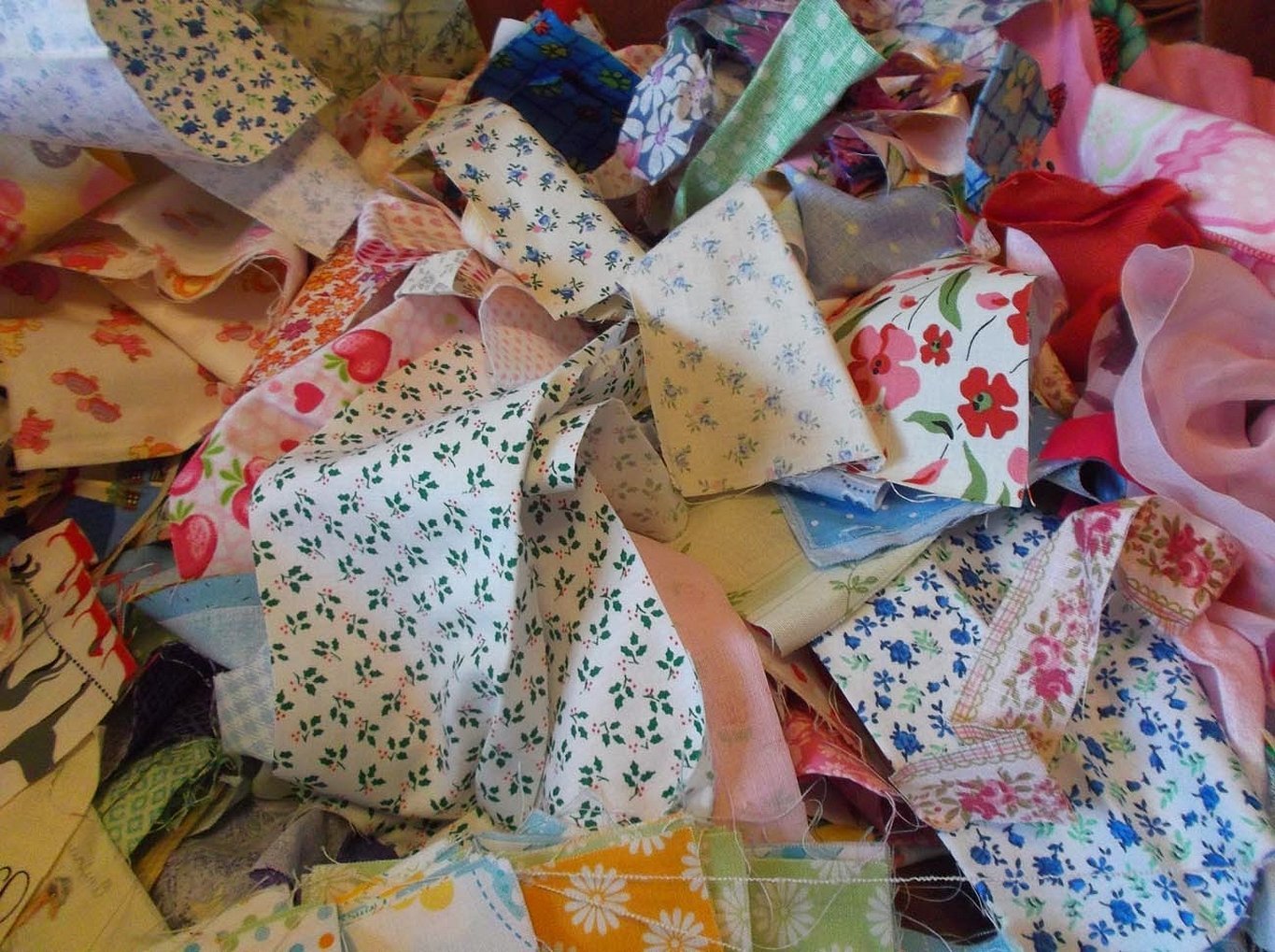
Next, after cutting and before sewing, you need to cut out the necessary parts and baste them. Then sew using a sewing machine. You can sew without a pattern.
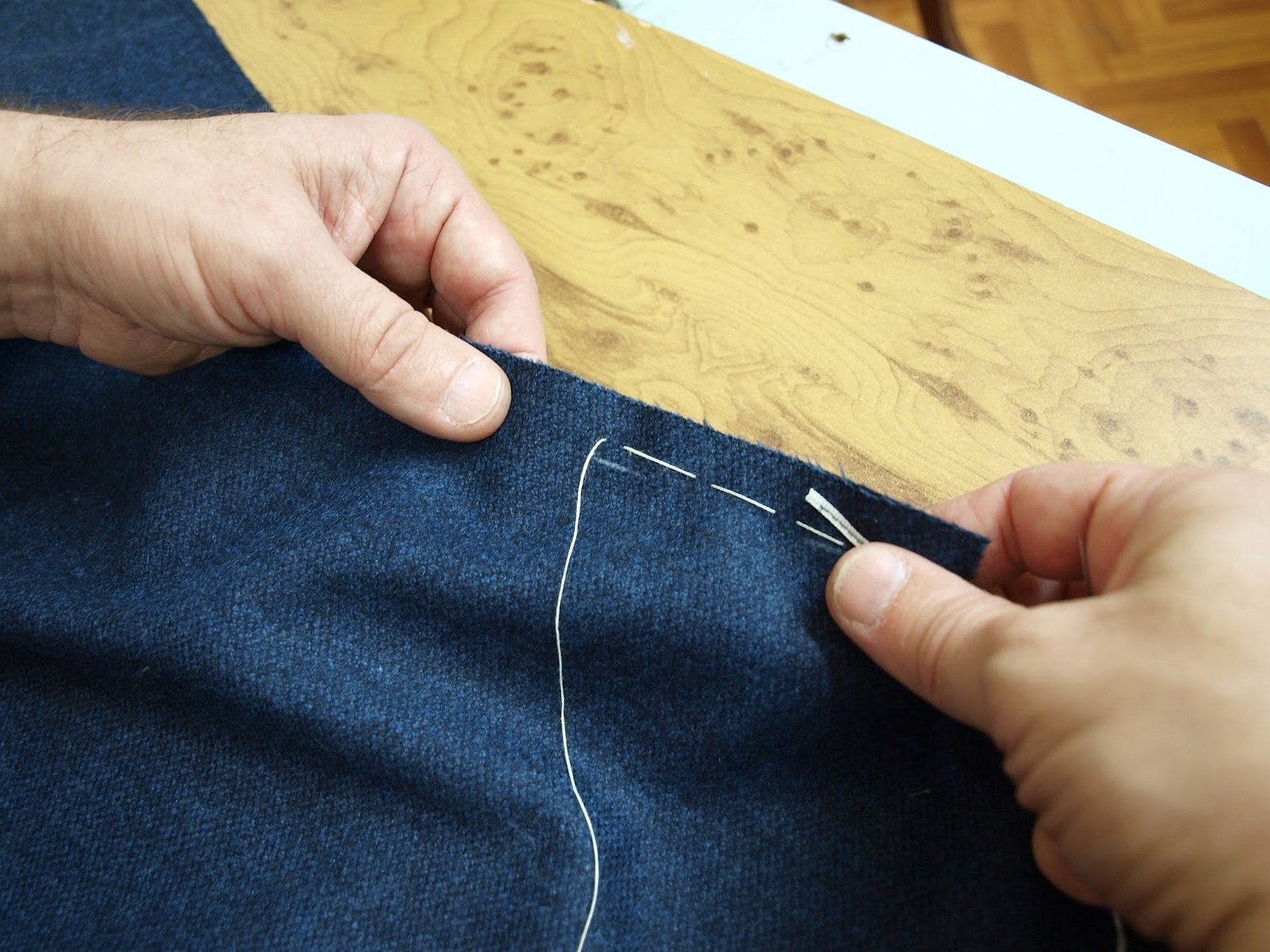
After stitching the front and back, you can iron the resulting product to understand exactly which elements need to be trimmed and which ones need to be swept again.

Next, you need to process the seams and edges and do a control fitting before completely sewing a house dress with your own hands. The fitting is necessary to quickly redo possible details before decorative finishing. You may want to make additional details and such an element as a pattern of a loose dress with a sleeve will be necessary.

In general, all you need to cut a straight dress is to take needles, threads, the necessary material and a construction diagram, and then build the pattern yourself or make the parts without it. For work, you can use ready-made designer summer models with a dart. You can also rely on existing master classes for one-piece products in the form of a rectangle, swing and raglan.

